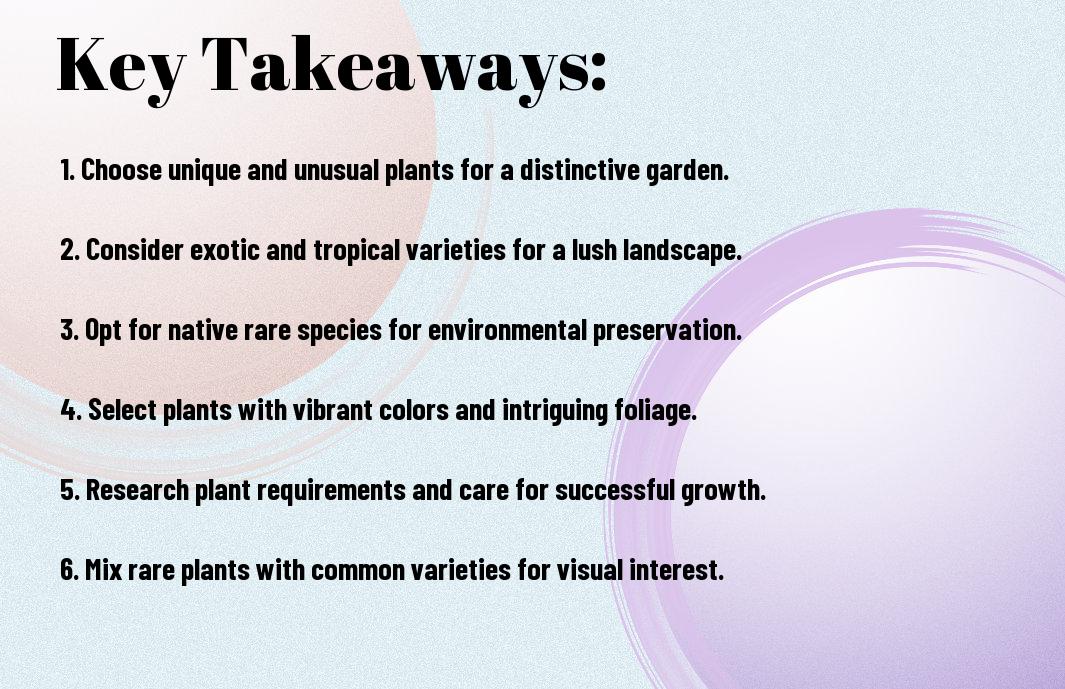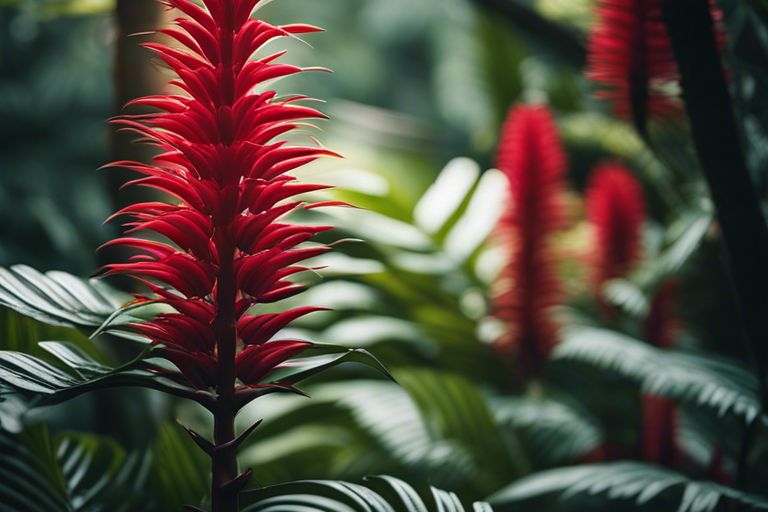
Y- STOP Kids Pod Swing Seat, Hanging Hammock Chair with Inflatable Pillow, Sensory Swing Chair for Outdoor and Indoor, Max 176 Lbs, Pink and Blue
$45.99 (as of December 22, 2024 22:10 GMT +00:00 - More infoProduct prices and availability are accurate as of the date/time indicated and are subject to change. Any price and availability information displayed on [relevant Amazon Site(s), as applicable] at the time of purchase will apply to the purchase of this product.)Tool Daily Foam Cannon with 1/4 Inch Quick Connector, 1 Liter, 5 Pressure Washer Nozzle Tips
$19.99 (as of December 21, 2024 22:09 GMT +00:00 - More infoProduct prices and availability are accurate as of the date/time indicated and are subject to change. Any price and availability information displayed on [relevant Amazon Site(s), as applicable] at the time of purchase will apply to the purchase of this product.)SUPER DEAL 2.5 Foot Plastic Folding Table, Indoor Outdoor Portable Heavy Duty Adjustable Height Kitchen or Camping Barbecues Picnic Party Table, White
$19.99 (as of December 22, 2024 22:10 GMT +00:00 - More infoProduct prices and availability are accurate as of the date/time indicated and are subject to change. Any price and availability information displayed on [relevant Amazon Site(s), as applicable] at the time of purchase will apply to the purchase of this product.)Certified Refurbished Blink Wired Floodlight Camera – Smart security camera, 2600 lumens, HD live view, enhanced motion detection, built-in siren, Works with Alexa – 1 camera (Black)
$49.99 (as of December 22, 2024 22:10 GMT +00:00 - More infoProduct prices and availability are accurate as of the date/time indicated and are subject to change. Any price and availability information displayed on [relevant Amazon Site(s), as applicable] at the time of purchase will apply to the purchase of this product.)Nature Anywhere Transparent Acrylic Window Bird Feeders for Outdoors - Enhanced Suction Grip, Bird Watching for Cats, Easy-to-Clean, Outdoor Birdhouse Feeder
$34.99 (as of December 22, 2024 22:10 GMT +00:00 - More infoProduct prices and availability are accurate as of the date/time indicated and are subject to change. Any price and availability information displayed on [relevant Amazon Site(s), as applicable] at the time of purchase will apply to the purchase of this product.)Many garden enthusiasts seek to create a unique and exotic landscape by incorporating rare plant varieties into their gardens. These unique plants not only add a sense of exclusivity to your outdoor space but also bring a touch of mystery and wonder. In this blog post, we will explore some of the rare plant varieties that you should consider for your exotic garden landscape, covering their characteristics, care requirements, and how to incorporate them into your overall garden design.
Key Takeaways:
- Consider rare plant varieties to add unique and exotic elements to your garden landscape.
- Research and select plants that thrive in your specific climate and growing conditions to ensure successful growth and maintenance.
- Consult with local nurseries or botanical gardens for recommendations on rare plant varieties that are well-suited for your area.

Criteria for Selecting Rare Plants
You want your exotic garden to stand out, and that’s where rare plant varieties come into play. However, not all rare plants may be suitable for your garden landscape. It’s important to consider certain criteria when choosing these unique specimens to ensure they thrive in your specific environment. Here are some key factors to keep in mind when selecting rare plants for your exotic garden.
Climate adaptability
Selecting rare plants that are well-suited to your local climate is crucial for their long-term survival. Consider the temperature range, humidity levels, and sunlight exposure in your area before introducing any exotic varieties. Some rare plants may be more tolerant to fluctuating weather conditions, while others require a stable environment to flourish. By choosing plants that can adapt to your climate, you’ll increase their chances of thriving in your garden.
Another aspect to consider is the microclimates within your garden. Certain areas may be hotter, cooler, more exposed to wind, or receive more rainfall. Tailoring your plant selection to these microclimates can help optimize their growth and overall health. Conduct thorough research on the rare plant varieties you’re interested in to ensure they will be able to acclimate to the specific conditions of your exotic garden.
Maintenance requirements
One of the key factors to consider when choosing rare plant varieties is their maintenance requirements. Some exotic plants may have specific soil, watering, or feeding needs that differ from more common garden plants. It’s crucial to understand these requirements before adding any rare specimens to your garden landscape. Consider how much time and effort you’re willing to dedicate to caring for these plants, as some may require more attention than others.
This may involve investing in specialized fertilizers, implementing specific watering schedules, or providing additional protection during extreme weather conditions. Before making your final selections, evaluate your ability to meet the maintenance needs of the rare plants you’re considering. This will help ensure that your exotic garden remains vibrant and healthy for years to come.
Rare Flowering Plants for Visual Impact
Despite the vast array of common flowering plants available for your garden, incorporating rare and exotic species can truly set your landscape apart. These unique plant varieties can offer a visual impact that is both striking and unforgettable, adding a touch of exotic beauty to your outdoor space.
Unusual Orchids
Impact: Orchids are known for their delicate beauty and exotic allure, and there are many rare and unusual varieties that can elevate your garden to new heights. From the vibrant colors of the Vanda orchids to the intricate patterns of the Brassia orchids, these unique specimens can add a touch of elegance and sophistication to any outdoor setting.
Unusual orchids like the Dracula orchids, with their dramatic and intricate petals that resemble a flying bat, can also be a great conversation starter. These exotic orchids require specific care and conditions to thrive, but the effort is well worth the reward when they bloom in all their unique glory.
Exotic Lilies
On: Exotic lilies are another rare flowering plant variety that can make a bold statement in your garden. With their large, showy blooms and captivating fragrance, exotic lilies can instantly draw attention and create a focal point in your landscape design. Varieties like the Black Beauty lily or the Pink Perfection lily can add a touch of drama and exoticism to your garden.
Visual: To make the most of exotic lilies in your garden, consider planting them in clusters or along borders to create a striking visual impact. These stunning flowers can thrive in well-drained soil and full sun, making them a versatile and low-maintenance addition to any exotic garden landscape.
Unique Foliage Plants
Many garden enthusiasts are constantly on the lookout for unique plant varieties to add a touch of exotic beauty to their landscapes. With respect to creating a visually appealing garden, one cannot overlook the importance of foliage plants. Not only do they provide texture and structure to the garden, but they also bring a pop of color that can truly elevate the overall aesthetic. In this chapter, we will explore some rare plant varieties that you should consider for your exotic garden landscape.
Variegated Leaf Specimens
Unique variegated leaf specimens are a must-have for any garden enthusiast looking to add a touch of drama and interest to their landscape. These plants feature leaves with stunning patterns and color variations, making them stand out in any setting. From the striking white and green foliage of Calathea ‘White Fusion’ to the vibrant pink and green leaves of Aglaonema ‘Pink Dalmatian’, variegated leaf specimens come in a wide range of colors and patterns to suit every aesthetic.
Adding variegated leaf specimens to your garden not only creates visual interest but also provides a dynamic element that changes with the seasons. These plants thrive in partial shade and can be used as focal points or as part of a lush foliage backdrop. Whether you choose to plant them in containers or in the ground, variegated leaf specimens are sure to make a statement in your exotic garden landscape.
Tropical Ferns and Palms
Specimens of tropical ferns and palms are another great addition to consider for your exotic garden landscape. These plants bring a touch of the tropics with their gracefully arching fronds and lush foliage. From the delicate fronds of Maidenhair ferns to the majestic presence of Livistona palms, tropical ferns and palms add a sense of tranquility and elegance to any outdoor space.
Plants like Bird’s Nest ferns and Areca palms are easy to care for and thrive in shaded areas, making them ideal choices for adding greenery to darker corners of your garden. Whether you want to create a tropical oasis or simply add a touch of exotic flair, tropical ferns and palms are versatile plants that can transform your garden into a lush paradise.

Edible Rare Plant Options
To create a truly unique and exotic garden landscape, consider incorporating rare edible plants that not only add beauty but also provide delicious treats for your palate. From exotic fruit trees to rare herbs and spices, these plants will not only elevate the aesthetics of your garden but also enhance your culinary experience.
Exotic fruit trees and bushes
Edible exotic fruit trees and bushes are a fantastic addition to any garden space. Consider planting rare varieties such as the white strawberry tree (Arbutus unedo ‘Atlantic’) with its delicate white fruits that resemble strawberries but have a unique flavor. Another intriguing option is the dwarf pawpaw tree (Asimina parviflora) which produces small, sweet fruits that are a delight to the taste buds.
Rare herbs and spices for culinary use
Planting rare herbs and spices in your garden not only adds fragrance and flavor to your dishes but also showcases your culinary creativity. Explore unique options like Szechuan pepper (Zanthoxylum spp.) for a citrusy and numbing flavor, or the Vietnamese coriander (Persicaria odorata) which adds a fresh, peppery kick to your dishes.
When deciding on rare herbs and spices for culinary use, consider the growing conditions required for each plant to thrive. Some exotic varieties may need specific soil types, sunlight exposure, or watering schedules to flourish. Research each plant’s preferences to ensure they receive the care they need for optimal growth and flavor development.
Conservation Considerations
Now, when creating an exotic garden landscape with rare plant varieties, it is imperative to consider conservation implications. Gardening with rare and exotic plants can contribute positively to biodiversity, but it also comes with responsibilities and ethical considerations. Understanding how to source these plants ethically and contribute to conservation efforts is crucial for any exotic garden enthusiast.
Ethical Sourcing of Rare Plants
Any passionate gardener looking to incorporate rare plant varieties into their garden should prioritize ethical sourcing. It is important to buy plants from reputable nurseries that adhere to sustainable practices and avoid purchasing plants from illegal or unsustainable sources. By supporting ethical plant sourcing, gardeners can help reduce the demand for illegally harvested plants and contribute to conservation efforts.
When sourcing rare plants, consider looking for nurseries that participate in conservation programs or work with botanical gardens. These organizations often propagate rare plants through sustainable methods, ensuring the continued survival of threatened species. By purchasing from ethical sources, gardeners can enjoy a beautiful and unique garden while supporting conservation initiatives.
Contributing to Biodiversity Through Gardening
Plants play a vital role in supporting biodiversity, and gardeners have the opportunity to contribute to conservation efforts through their landscaping choices. By selecting rare plant varieties that are native to your region or that support local pollinators, you can create a garden that provides habitat and food for a diverse range of wildlife. Enhancing biodiversity in your garden not only adds beauty but also strengthens local ecosystems.
This approach not only benefits the environment but also educates others on the importance of preserving rare and endangered plant species. By cultivating a garden that prioritizes biodiversity, you can inspire others to appreciate and protect the natural world. Take the time to research and select plant varieties that will thrive in your garden while contributing to the conservation of rare and endangered species.
Summing up
Upon reflecting on the various rare plant varieties suitable for your exotic garden landscape, it is evident that a mix of unique and visually stunning plants can truly elevate the beauty of your outdoor space. From the vibrant colors of the Bromeliads to the architectural elegance of the Bird of Paradise, there are several options to choose from based on your preferences and climate conditions. Remember to consider the specific requirements of each plant, such as sunlight, soil type, and watering needs, to ensure they thrive in your garden. By carefully selecting and incorporating these rare plant varieties, you can create a truly enchanting and one-of-a-kind exotic garden landscape that will leave a lasting impression on all who see it.










